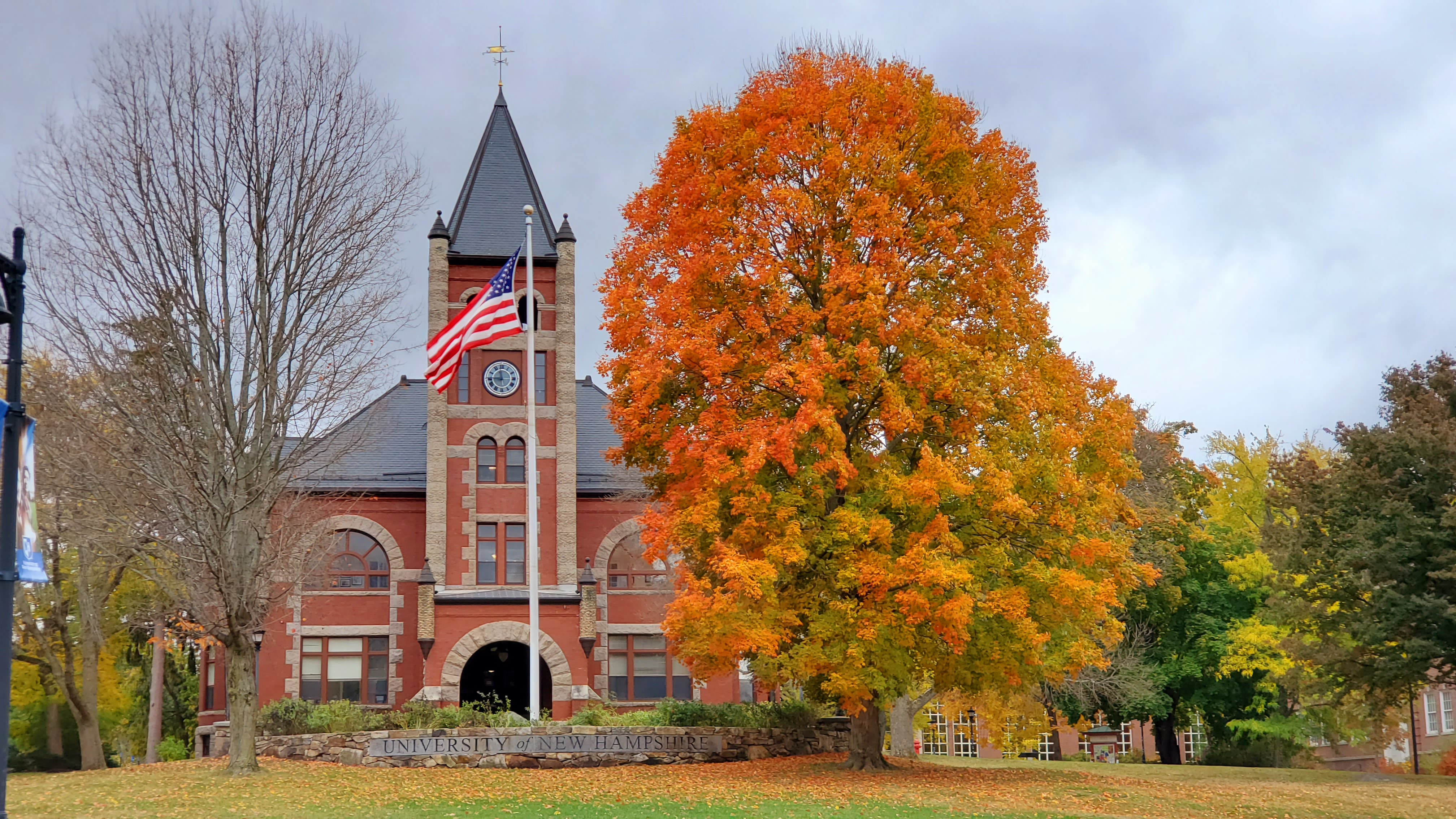What is MBN2025?
 The aim of this one-day meeting is to stimulate discussion between the many experimental and theoretical molecular biophysics researchers in the Northeastern United States. To increase the participation of younger scientists (undergraduates through junior faculty), the majority of the presentations will be selected from submitted abstracts, and there will also be a poster session. After having a great time at MBN2024 and MBN2019, we are looking forward to seeing more exciting science at MBN2025!
The aim of this one-day meeting is to stimulate discussion between the many experimental and theoretical molecular biophysics researchers in the Northeastern United States. To increase the participation of younger scientists (undergraduates through junior faculty), the majority of the presentations will be selected from submitted abstracts, and there will also be a poster session. After having a great time at MBN2024 and MBN2019, we are looking forward to seeing more exciting science at MBN2025!
Invited Speakers
Taekjip Ha (Keynote) - Boston Childrens Hospital and Harvard Medical School
"Chromatin Remodeler Target Search and Nucleosome Mobilization at Single Molecule Resolution"
"Chromatin Remodeler Target Search and Nucleosome Mobilization at Single Molecule Resolution"
Dylan Murray - University of Connecticut
"RNA-Binding Protein Biomolecular Condensation, Fibril Formation, and Chaperone Interference"
Caitlin Davis - Yale University
"Palmitic acid acyl chain packing in the ER inhibits triacylglycerol synthesis and lipid droplet budding"
Nick Polizzi - Dana-Farber Cancer Institute and Harvard Medical School
"Zero-shot design of drug-binding proteins using neural networks"
Krisztina Varga - University of New Hampshire
"Molecular Strategies: Lessons from Antifreeze Proteins and the Polar Organizing Protein Z"
Registration Information and Important Dates
How to register
You can register and submit your abstract using the form at the bottom of this page. After registering, we will send you a link for the registration fee payment interface.
Registration fees
After completing the registration form above (which includes abstract, etc), please pay the registration fee HERE
We try to make this an affordable meeting by keeping the registration fee modest. The registration fee is only $30 until September 19th. Afterwards, registration is $40.
Dates
September 19th: If you want to be considered for an oral presentation, you must register by this date. If you are selected for an oral presentation, you will be notified the following week.
October 3rd: Registration closes. Poster abstracts may be submitted until this date.
You can register and submit your abstract using the form at the bottom of this page. After registering, we will send you a link for the registration fee payment interface.
Registration fees
After completing the registration form above (which includes abstract, etc), please pay the registration fee HERE
We try to make this an affordable meeting by keeping the registration fee modest. The registration fee is only $30 until September 19th. Afterwards, registration is $40.
Dates
September 19th: If you want to be considered for an oral presentation, you must register by this date. If you are selected for an oral presentation, you will be notified the following week.
October 3rd: Registration closes. Poster abstracts may be submitted until this date.
Schedule
9:00 am - 10:00 am Arrival and poster setup. Coffee and tea available.
10:00 am - 12:25 pm Oral sessions and morning coffee break
12:25 pm - 2:20 pm Lunch and poster session
2:20 pm - 6:00 pm Oral sessions, afternoon coffee break, and keynote lecture
6:00 pm Departure
10:00 am - 12:25 pm Oral sessions and morning coffee break
12:25 pm - 2:20 pm Lunch and poster session
2:20 pm - 6:00 pm Oral sessions, afternoon coffee break, and keynote lecture
6:00 pm Departure
A complete abstract book and list of talks will be available soon.
Travel and Lodging Information
Organizers
Sean Edington (chair, contact) - University of New Hampshire
Srirupa Chakraborty - Northeastern University
Eric May - UConn
Colin Smith - Wesleyan University
Sweta Vangaveti - SUNY Albany
Srirupa Chakraborty - Northeastern University
Eric May - UConn
Colin Smith - Wesleyan University
Sweta Vangaveti - SUNY Albany
